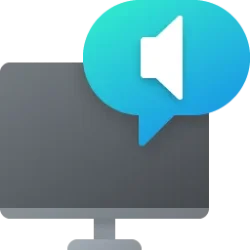I have always been leery and annoyed by Captchas. As the article states most savvy users would not complete the verification steps but the article does highlight the lengths hackers will employ. (excerpts)
If you follow the steps, the website copies a text string to your Windows clipboard. Normally, you'd have to grant your permission for such an action, but you already did so by checking a checkbox on the first screen of the CAPTCHA prompt.
As seen in the Windows Run text field, the string says simply: "I'm not a robot -- reCAPTCHA Verification ID: 8253." But behind the scenes is another string, one that runs a Windows command called Mshta.exe. Normally, this file is a legitimate and safe command used to execute code, but hackers and scammers can easily exploit it to download and install malware.

 www.zdnet.com
www.zdnet.com
If you follow the steps, the website copies a text string to your Windows clipboard. Normally, you'd have to grant your permission for such an action, but you already did so by checking a checkbox on the first screen of the CAPTCHA prompt.
As seen in the Windows Run text field, the string says simply: "I'm not a robot -- reCAPTCHA Verification ID: 8253." But behind the scenes is another string, one that runs a Windows command called Mshta.exe. Normally, this file is a legitimate and safe command used to execute code, but hackers and scammers can easily exploit it to download and install malware.

That weird CAPTCHA could be a malware trap - here's how to protect yourself
Follow the 'I'm not a robot' CAPTCHA, and you might just end up with malware on your PC.
 www.zdnet.com
www.zdnet.com
My Computer
System One
-
- OS
- Win11 Ver 24H2 26100.2033
- Computer type
- Laptop
- Manufacturer/Model
- Dell
- CPU
- Intel i5
- Memory
- 8gb
- Screen Resolution
- 1920x1080
- Hard Drives
- 256gb
- Browser
- Firefox
- Antivirus
- Windows Defender





